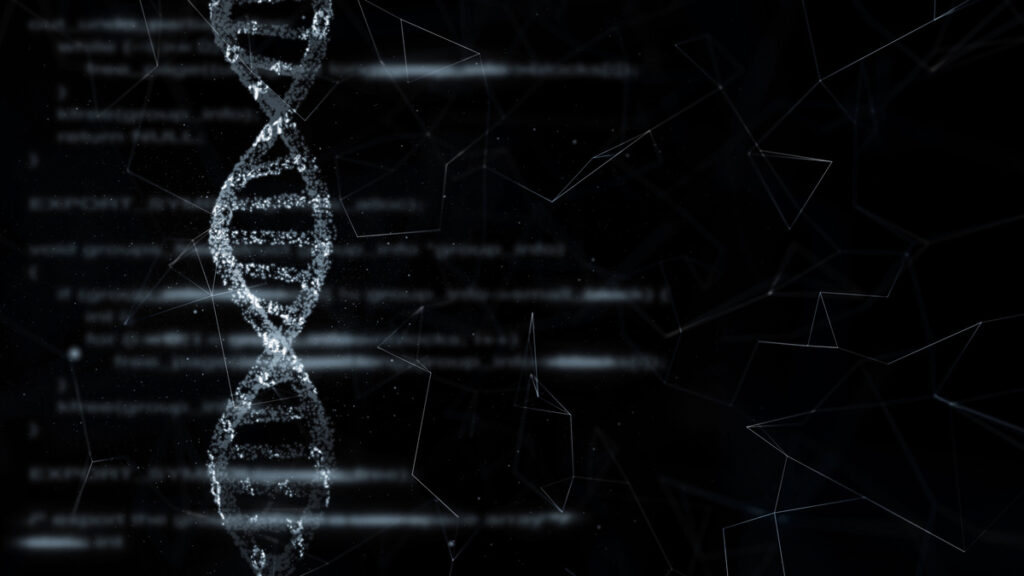

DNA evidence often carries significant weight in sexual assault cases, but it’s not infallible. Lab errors, contamination, and misinterpretation can all lead to wrongful accusations or convictions. If you’re facing charges based on DNA evidence in Louisiana, understanding how this evidence can be challenged may prove critical to your defense.
At the John D. & Eric G. Johnson Law Firm, we have decades of experience defending clients against serious criminal charges throughout north Louisiana. Our attorneys know how to scrutinize DNA evidence, challenge faulty lab procedures, and protect your rights when facing sexual assault allegations.
What Makes DNA Evidence Vulnerable to Challenge?
Collection methods, storage conditions, and laboratory procedures all present opportunities for error or contamination when examining DNA evidence. Common vulnerabilities include:
- Chain of custody issues where evidence changes hands without proper documentation
- Cross-contamination during collection or laboratory testing
- Degraded samples due to improper storage or environmental exposure
- Human error in the analysis or interpretation of results
Even small mistakes in handling DNA evidence can create reasonable doubt. Our attorneys examine every step of the evidence collection and testing process to identify potential problems.
How Can Lab Procedures Be Questioned?
Laboratory testing protocols must meet strict standards to ensure accuracy. When labs cut corners or fail to follow established procedures, the results may be unreliable. According to the National Institute of Standards and Technology, proper quality control measures are essential for valid DNA testing.
We investigate whether the testing facility followed proper protocols. That includes reviewing calibration records, examining quality control measures, and verifying that technicians hold appropriate certifications. Any deviation from standard procedures may provide grounds to challenge the evidence.
What Role Does Chain of Custody Play?
Chain of custody documentation tracks evidence from collection through trial. Gaps in this documentation can raise questions about whether evidence was tampered with, switched, or contaminated.
Our team reviews the chain of custody records to identify any breaks or inconsistencies. If evidence wasn’t properly secured or documented at any point, we may be able to have it excluded from your case.
Can DNA Test Results Be Misinterpreted?
DNA analysis involves complex statistical calculations and scientific interpretation. Even experienced analysts can make mistakes or reach different conclusions from the same data.
Key interpretation issues include:
- Mixture samples containing DNA from multiple contributors
- Partial profiles with incomplete genetic information
- Statistical probability calculations that may be misleading
- Bias in interpretation when analysts know the suspect’s profile
We work with independent DNA experts who can review the original data and provide alternative interpretations. This expert testimony may cast doubt on the prosecution’s conclusions.
What If the DNA Sample Was Contaminated?
Contamination can occur at the crime scene, during evidence collection, or in the laboratory. Even microscopic amounts of foreign DNA can compromise results, especially with sensitive modern testing methods.
We examine how evidence was collected and stored to identify potential contamination sources. If proper procedures weren’t followed to prevent contamination, we challenge the reliability of the results.
How Does Transfer DNA Affect Cases?
DNA can be transferred innocently through everyday contact. That means finding someone’s DNA at a scene doesn’t necessarily prove they committed a crime. Transfer DNA can occur through shaking hands, sharing objects, or even secondary transfer via an intermediate person.
DNA evidence may seem like irrefutable proof, but several factors can compromise its reliability. Our attorneys present evidence of innocent explanations for DNA presence. We investigate your relationship with the alleged victim and any legitimate reasons your DNA might be present.
Contact Our Louisiana Sexual Assault Defense Attorneys
Challenging DNA evidence requires thorough investigation, scientific knowledge, and courtroom experience. At the John D. & Eric G. Johnson Law Firm, we’ve successfully defended clients throughout north Louisiana by carefully examining every aspect of the prosecution’s case. Our reputation in courtrooms across the region reflects our commitment to achieving the best possible results for each client we represent.
Don’t let flawed DNA evidence determine your future. Call us today at (318) 377-1555 or complete a contact form to schedule a confidential consultation. We’ll review the evidence in your case, explain your options, and develop a defense strategy focused on protecting your rights and freedom.
